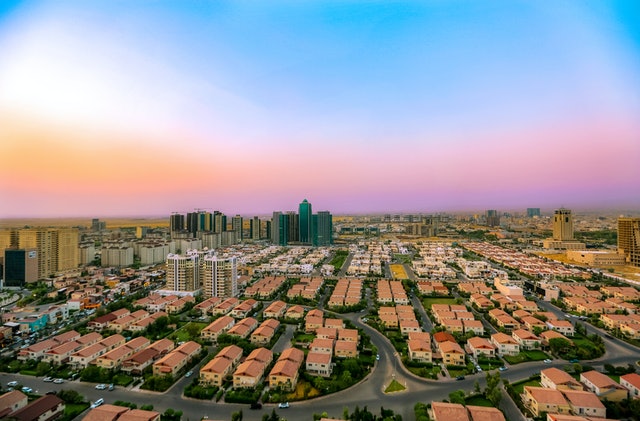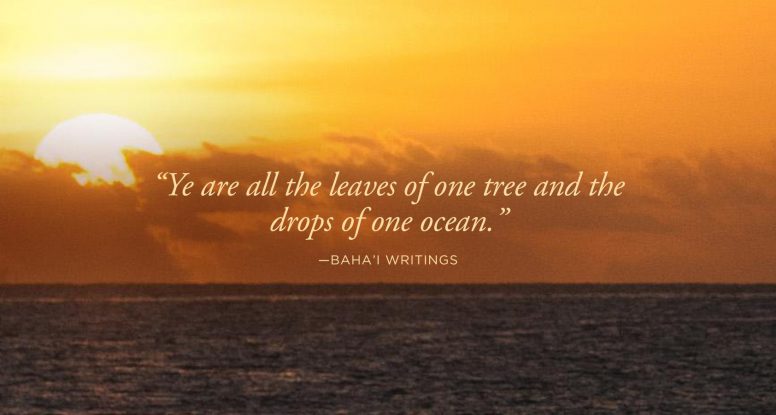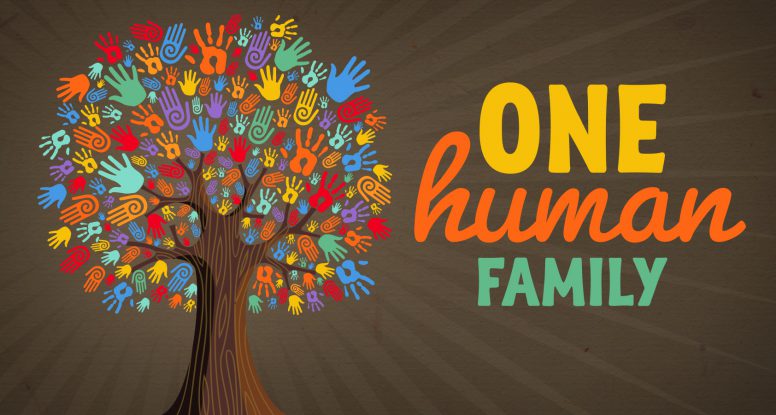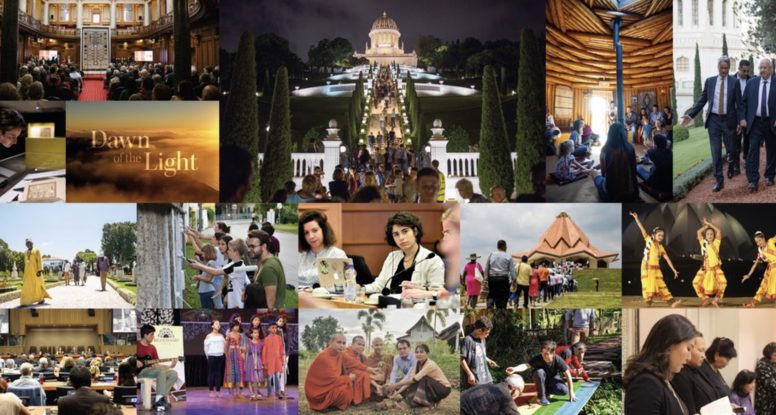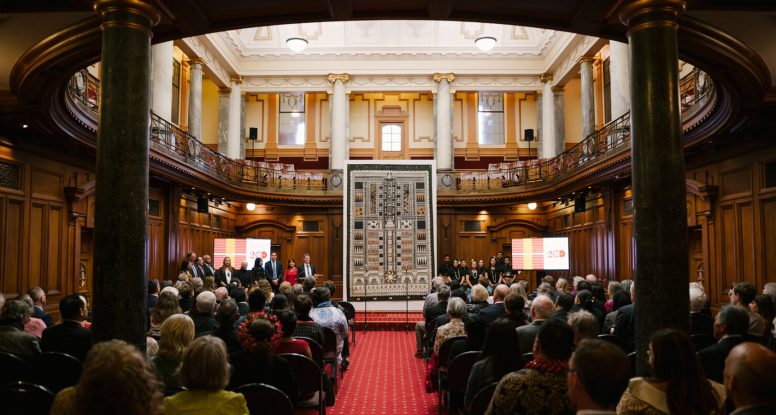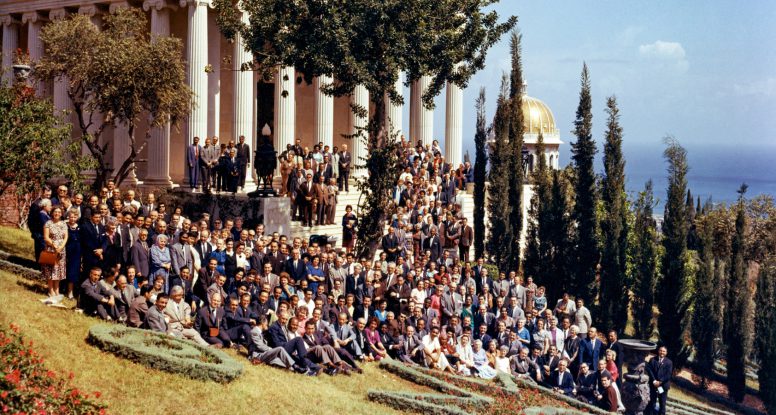The following content is from news.bahai.org. © 2020 Bahá’í International Community (Artwork by an artist in Nur-Sultan, Kazakhstan)
Bahá’í communities around the world have been responding to the global health crisis. Below are examples of how Bahá’ís are taking action:
Looking beyond the health crisis in the Kurdistan region of Iraq
ERBIL, Iraq | May 3, 2020
Social actors examine how the expression of spiritual principles bringing people together now can be sustained and strengthened well into the future.
Community banks in Nicaragua take early precautions
MANAGUA, Nicaragua | May 1, 2020
Baha’i-inspired program draws on experience and sound principles in response to global health crisis.


